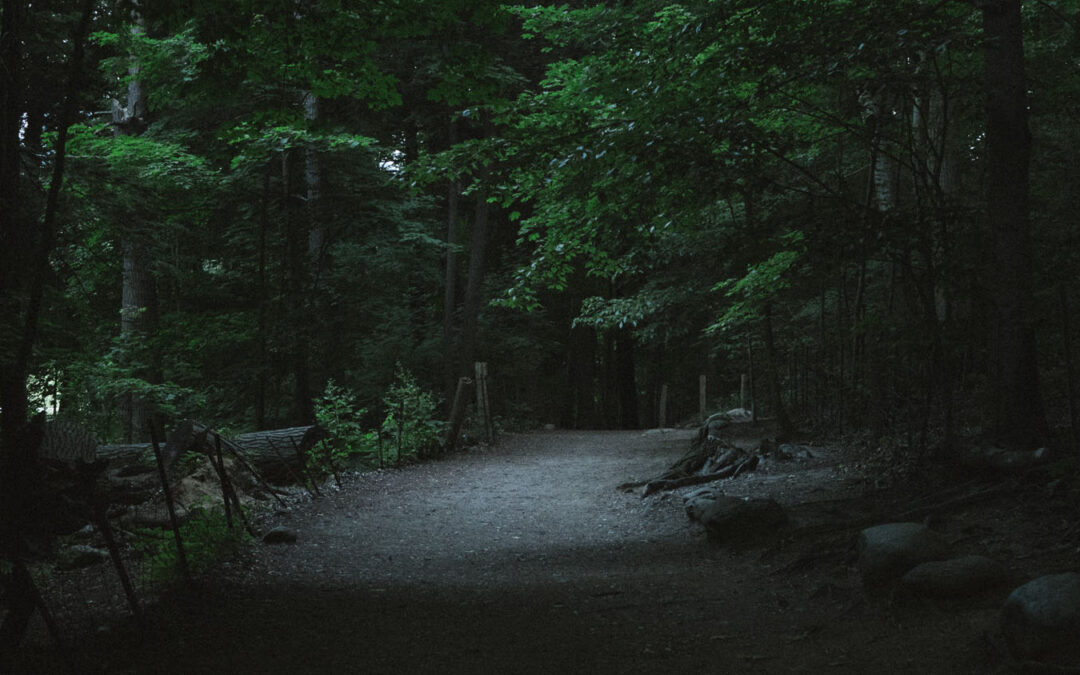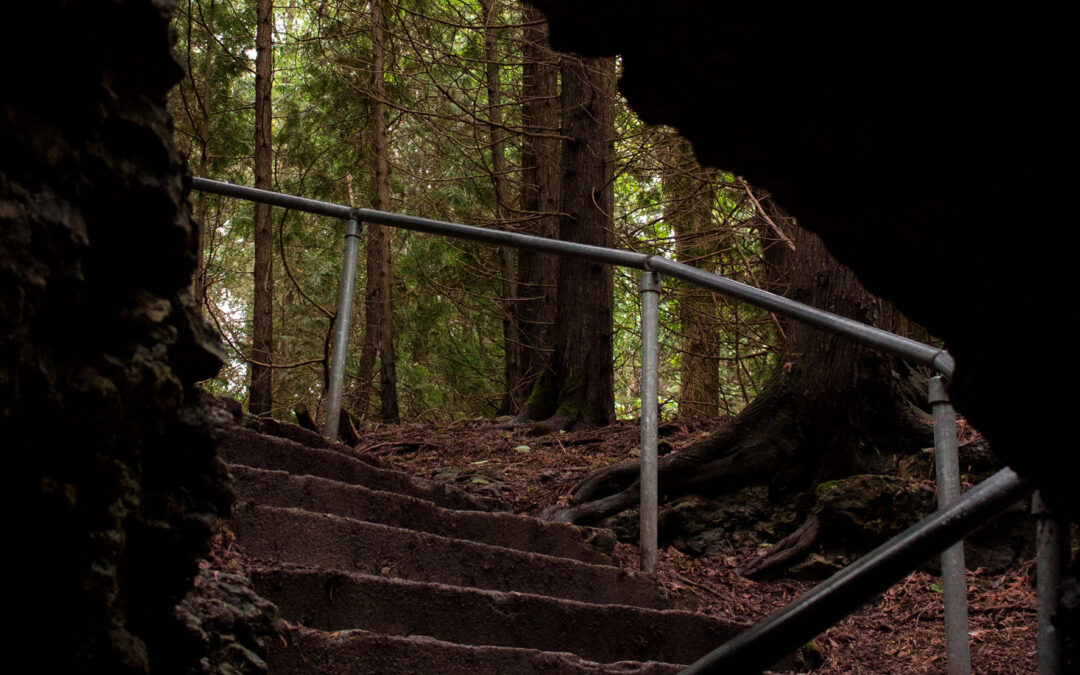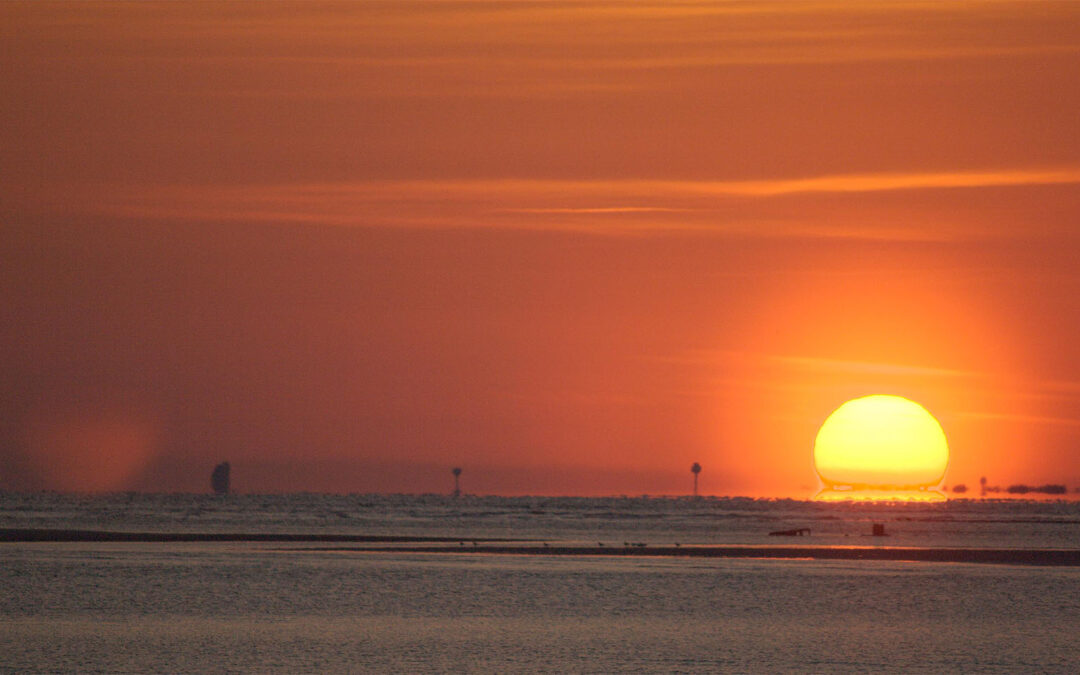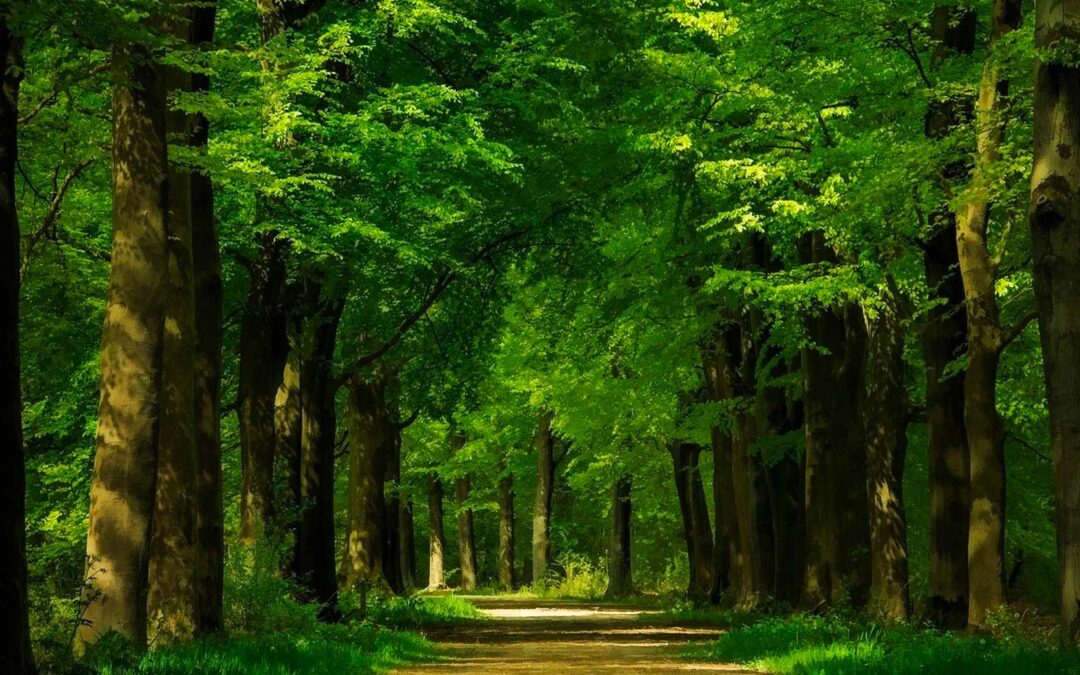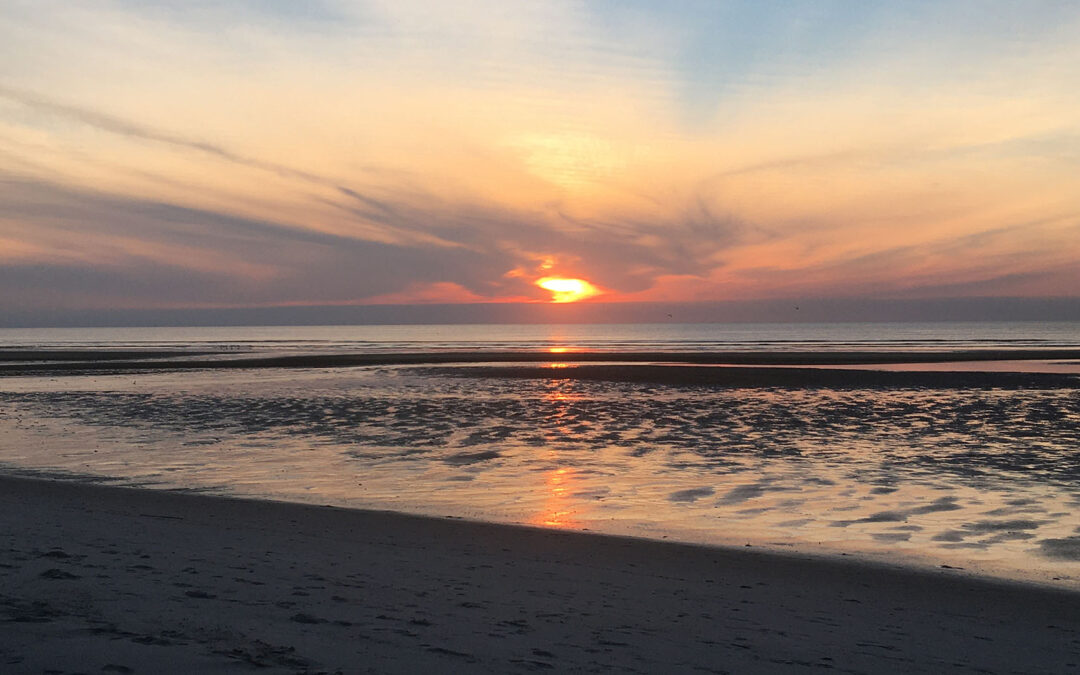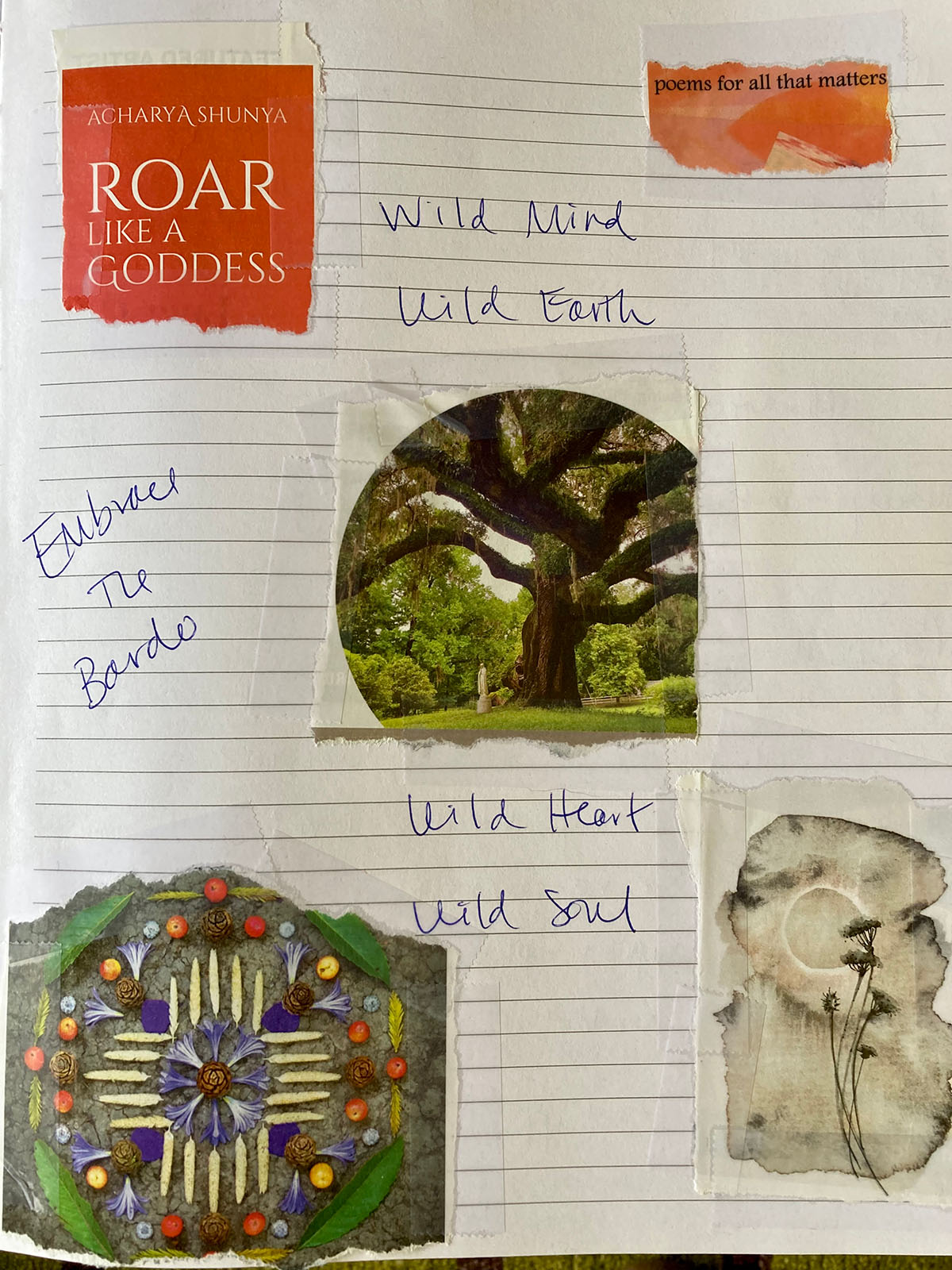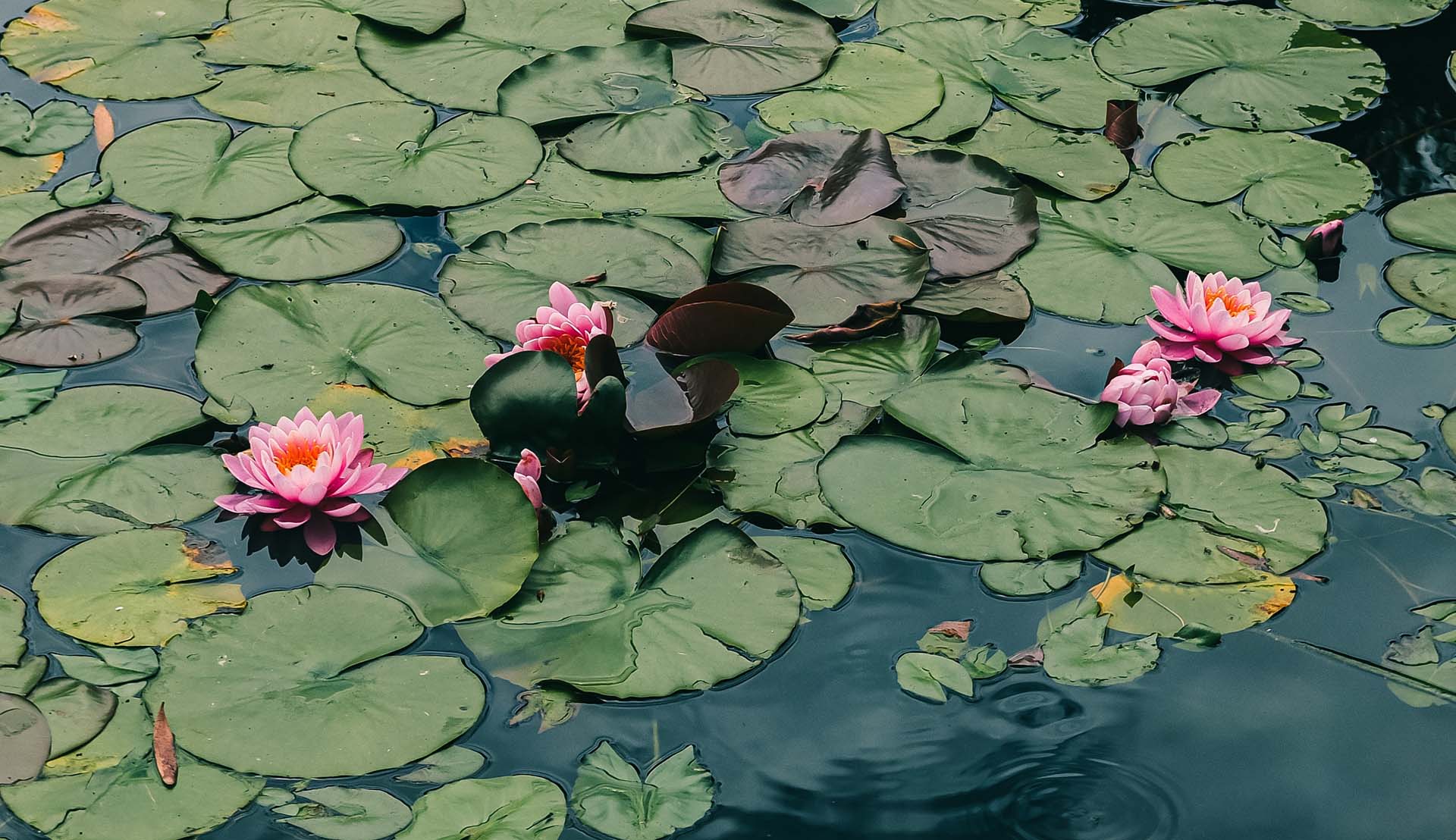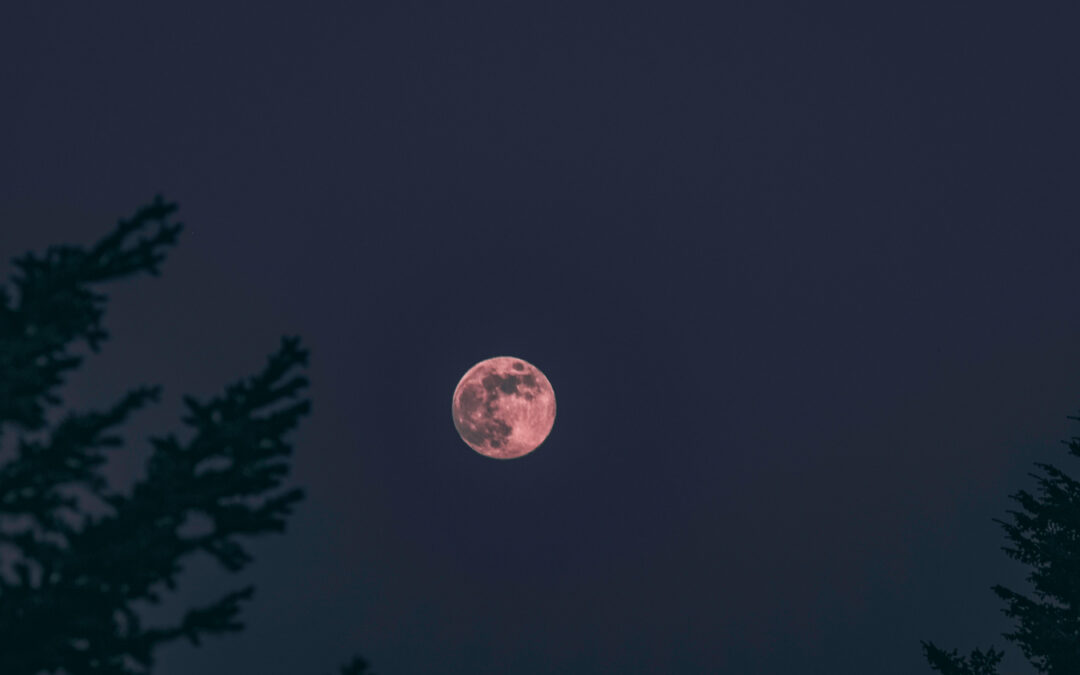
Video reading of A Blessing for Traveling in the Dark
A video reading of
A Blessing for Traveling in the Dark

I am trying a little something different in this blog post. Usually, I would just post a copy of the poem I am enjoying right now; in this case, A Blessing for Traveling in the Dark, by Jan Richardson. People can enjoy it at their own pace, use it however they want to, pass it by or maybe even note it for another time. And I will still copy the poem below so that you can do all of that as desired. However, I am also going to post a short video of myself reading the poem for a different kind of experience. In the video below, I lead you through a short grounding exercise, simply to take a moment to orient to the here and now, and then I read the poem twice, inviting listeners to take it in while also noticing what happens in the experience of listening to the poem. It’s a different way to enjoy the poem, rather than just reading it on the page, and also a way to offer a little taste of what happens in the workshops I hold.
Special audio appearance by my dog, Levon, during the first reading of the poem. You can hear his little collar jingle as he shakes. Consider it an added sensory experience!
A Blessing for Traveling in the Dark
By Jan Richardson
Go slow if you can.
Slower.
More slowly still.
Friendly dark or fearsome,
this is no place
to break your neck
by rushing,
by running,
by crashing into
what you cannot see.
Then again,
it is true:
different darks
have different tasks,
and if you
have arrived here unawares,
if you have come
in peril or in pain,
this might be no place
you should dawdle.
I do not know
what these shadows
ask of you,
what they might hold
that means you good or ill.
It is not for me
to reckon
whether you should linger
or you should leave.
But this is what
I can ask for you:
That in the darkness
there be a blessing.
That in the shadows
there be a welcome.
That, in the night
you be encompassed
by the Love that knows
your name.

